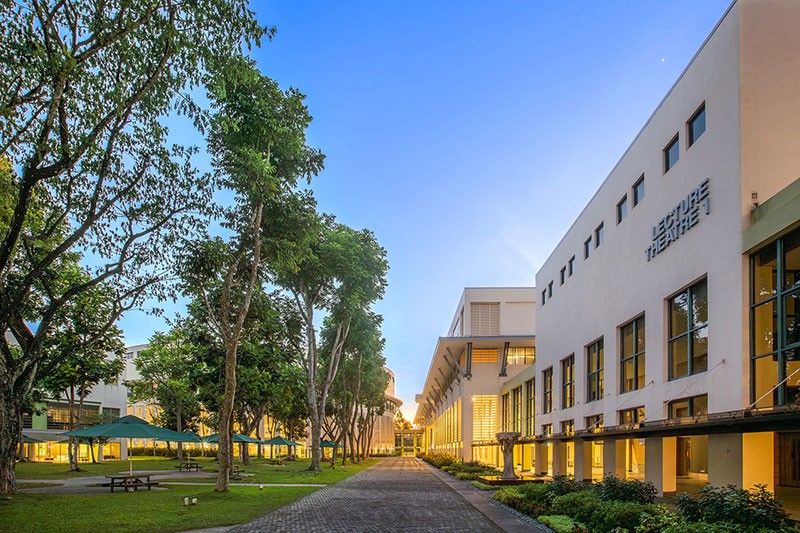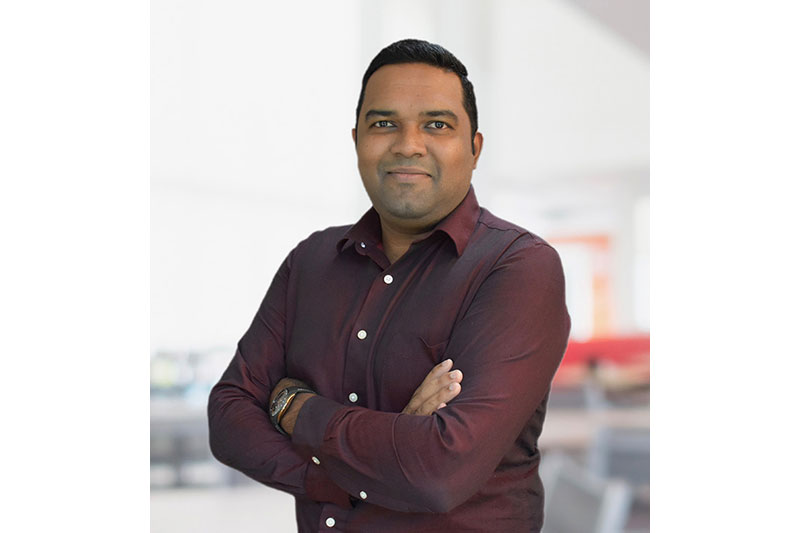NTU professor explores complexity of emotions in learning and research

MANILA, Philippines — Picture this: a classroom where failure isn’t feared but embraced, where discomfort and negative emotions are acknowledged as integral parts of the learning process.
As an education researcher, Dr. Tanmay Sinha, an assistant professor at the National Institute of Education, Nanyang Technological University, Singapore (NIE NTU, Singapore), often hypothesizes about unobservable and tacit learning phenomena within the complexity of classrooms.
“While conducting empirical studies to support a hypothesis can be immensely satisfying for young researchers, the true excitement often lies in encountering results that don’t align with our expectations, such as null or unexpected findings,” says Sinha with a laugh. “And this is what makes research challenging yet thrilling. It enhances and strengthens the foundation of our explanations.”
Reflecting on how his empirical results showed, ironically, that negative emotions are not monotonically bad for learning, and, surprisingly, being happy and positive is not monotonically good for learning, Sinha shares that as a researcher, this strand of work makes him want to dive deeper into the light and dark side of emotions during failure-driven problem-solving.
“It creates an exciting space of how to scaffold students’ usage of emotions as tools for optimizing their learning,” explains Sinha.

When asked what made him pursue a life of research, Sinha, who obtained his Doctor of Science from ETH Zurich, Switzerland, reveals that it was his interest in how to design for learning in ways that can help students navigate challenges, failure, discomfort and negative emotions that started him on an academic journey. He often wonders how can sense making-focused pedagogies that encourage students to be active participants in their knowledge construction enhance students’ preparation for future learning.
How do these pedagogies work?
How can we scaffold students’ learning process while engaging them in challenging learning experiences?
How do we improve students’ appreciation for engaging in failed learning pursuits?
How do we help them see the usefulness of emotions during learning?
Sinha says, as he recalls fondly, “A strong passion for improving education and developing robust evidence-backed learning principles and designs led me to pursue a life of research.”
Since then, he has embarked on research anchored on an innovative yet unconventional premise where sometimes making students deliberately, but safely, fail during problem-solving prior to instruction can be helpful in terms of transferring learning to novel contexts.
“For example, if we ask students to work with suboptimal solutions to a problem, they attend to unexplored parts of the problem and solution spaces and develop a better understanding of what does not work and why, which in turn sets them up nicely for understanding how experts solve the problem,” clarifies Sinha.
He further adds that this problem-solving process is an emotionally charged endeavor, where students experience negative emotions in the form of shame, anger, frustration, confusion, etc. However, the results from his research show that negative emotions may not always be bad for learning.
He advises, “When exploring unchartered territories with your research, you can often find unexpected results that challenge the norm in a particular subfield of education, and those, I believe, are trigger points that spur real creativity and innovation.”
For those interested in pursuing a graduate program in research, Sinha’s key advice is to brace yourself to get comfortable with the uncomfortable.
“What do I mean by that? Developing, testing and defending new counter-intuitive ideas is a hard non-linear process, but one that dramatically improves your reasoning and critical thinking abilities over the long run,” elaborates Sinha.
Moving forward, with his research focused on the role of emotions in technology-enhanced learning environments, Sinha envisions developing an AI-enabled learning companion that can co-work in conjunction with educators to provide just-in-time cognitive and affective support, and over the longer-term, build rapport with students via usage of both verbal and non-verbal cues like gesture and gaze.

If you share Dr. Tanmay Sinha’s passion for doing impactful work at the intersection of emotions, learning through problem-solving, and technology-enhanced learning, consider taking a step towards making an impact in real-world practices.
The National Institute of Education, Singapore, is currently accepting applications for Graduate Programmes by Research until July 25. Apply today https://ntu.sg/nieGradProgIntake and join in the journey to bring research to life!
To find out more about Dr. Tanmay Sinha and the Learning Sciences and Assessment Academic Department (LSA) at NIE, visit https://www.ntu.edu.sg/nie/about-us/academic-groups/Learning-Sciences-Assessment
Editor's Note: This press release is sponsored by the National Institute of Education, Singapore. It is published by the Advertising Content Team that is independent of our Editorial newsroom.




















